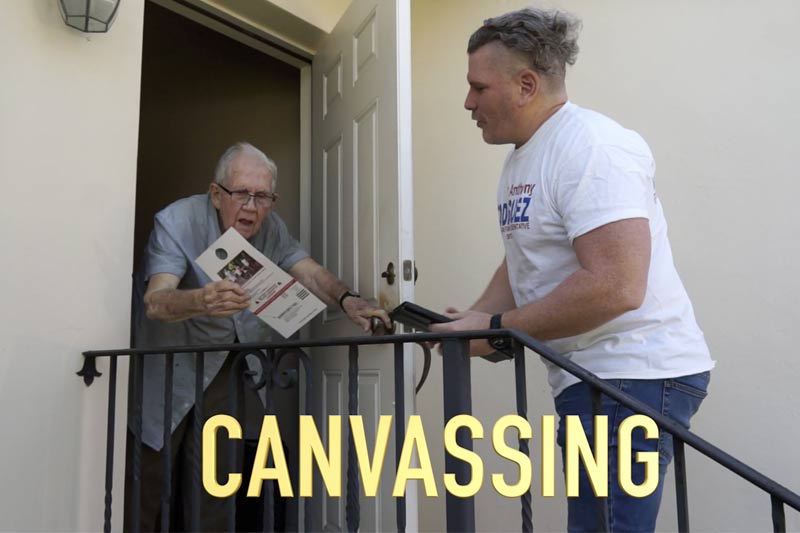Money and Politics
As I have mentioned before one of the most important facets in your campaign will be the money you raise. Depending on the race you’re in once you reach a certain dollar amount the rest of the money you do spend will be subject to the rule of diminishing returns. That doesn’t mean you don’t spend it, but there are factors to take into account. Is the money raised from contributors or the candidates personal money? How much money has your opponent raised and spent thus far?
If the money in the campaign that you are considering spending belongs to the candidate there are things you should ask yourself and the candidate. If you spend that money how much do the candidates chances of victory potentially increase? If the money is spent will the candidates personal finances be greatly affected? If the money is raised from contributors then you must use it judiciously in a way that best raises your candidates chances of victory.
You need to evaluate where the money will be most effectively spend, Historic Media? TV, radio and cable. Social Media and Digital? Facebook, Instagram, Twitter, Google and/or CTV? Text? Canvassing? or phone banking? Each campaign is different and a lot will depend on the expected number of voter turnout, amount of money left to be used, the age range of the voters expected to turnout or that you wish to target.
Though being outspent never should be considered a good thing in campaign’s, if you spend wisely it shouldn’t totally eliminate your chances for success. 










